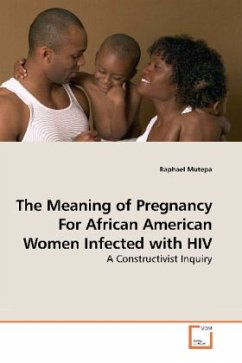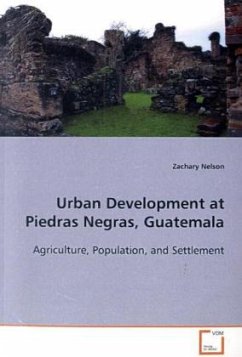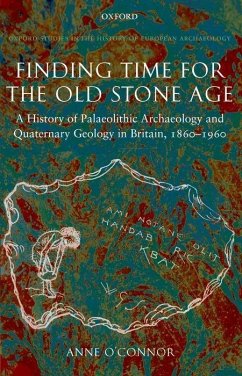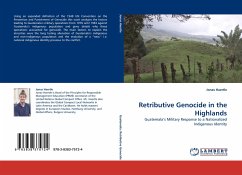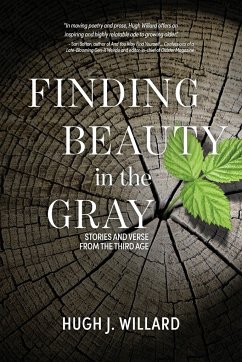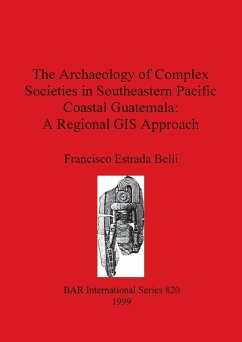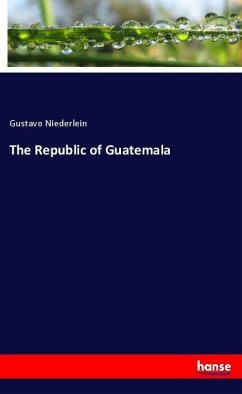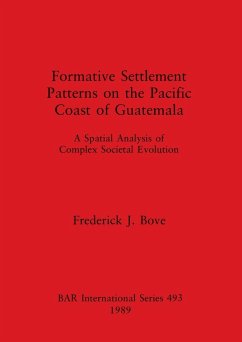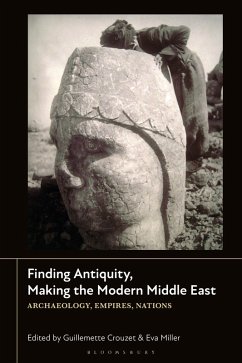
Finding Meaning in the Mire
Religion, Development and Disasters in Guatemala
Versandkostenfrei!
Versandfertig in 6-10 Tagen
39,99 €
inkl. MwSt.

PAYBACK Punkte
20 °P sammeln!
Despite its centrality within the global South, religion has historically been overlooked in development study and practice. The significance of religion to the mundane and momentous in daily life and to experiences of development can be starkly revealed through the occurrence of disaster. In the aftermath of disaster, survivors embark upon a quest for meaning, exploring old and new worldviews in efforts to conceptualize what transpired within their community. This work examines the 2005 mudslides in Santiago Atitlan, Guatemala where religion emerged as a favoured means for constructing meanin...
Despite its centrality within the global South, religion has historically been overlooked in development study and practice. The significance of religion to the mundane and momentous in daily life and to experiences of development can be starkly revealed through the occurrence of disaster. In the aftermath of disaster, survivors embark upon a quest for meaning, exploring old and new worldviews in efforts to conceptualize what transpired within their community. This work examines the 2005 mudslides in Santiago Atitlan, Guatemala where religion emerged as a favoured means for constructing meaning surrounding the disaster. In their interpretation of the disaster as a supernatural phenomenon, community members challenged mainstream understandings of development by defining vulnerability not only in physical, social, political or economic terms, but also in spiritual terms. This work contributes to the growing body of literature aimed at demonstrating the continued importance of religion in the global South and the resulting need for reconstructions of development to include this previously disregarded but unquestionably significant factor.



